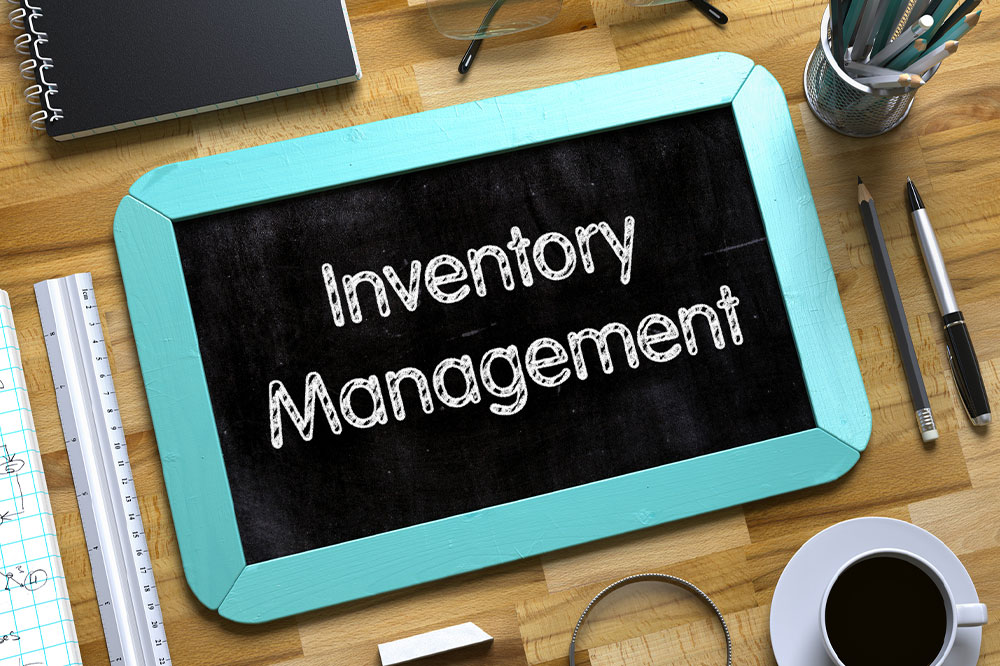Electronic Payment Solutions for Businesses – Benefits, Types, and Importance
Electronic payments are the fastest and most cost-effective ways to pay, eliminating the need for paper checks and cash. You can also use electronic payments to make recurring payments, such as rent or utility bills. Businesses can process electronic payments through a merchant account, which allows one to accept certain credit card transactions at their business location and online. So, here is everything to know about electronic payment processing and its utility for your business: Benefits of electronic payment processing Electronic payment solutions are more than just a convenient way to pay. They also come with several benefits for businesses and consumers. Here are the top reasons why electronic payment systems are worth considering: Faster processing time: Electronic payment solutions can speed up your business in several ways. First, you do not have to wait for paper checks to clear. Second, many electronic payment networks offer near real-time alerts and settlement capabilities that enable you to see when money has been deposited into your account. Moreover, electronic transactions take less time than paper transactions because they do not require manual intervention from tellers or staff members. Electronic payments can be made automatically as soon as funds are available in your account.
Read More 




